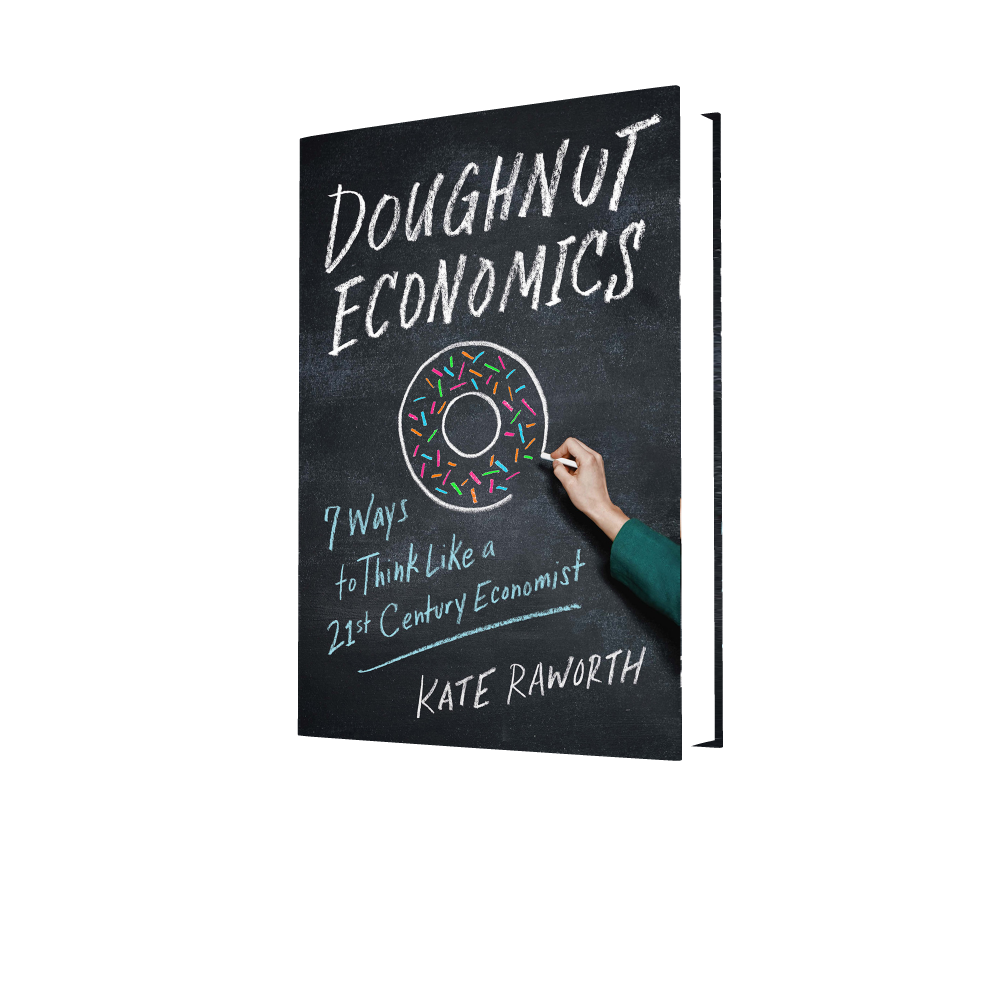Doughnut Economics Book Review

7 Ways to Think Like a 21st Century Economist
By: Kate Raworth
Chelsea Green Publishing White River Junction, Vermont – Copyright 2017
Review Written by Evelyn Neis
Kate Raworth is an English Economist and has been on the advisory boards of many institutions throughout the world. She has BA’s in politics, philosophy and economics, and an MSc in Economics for Development from Oxford University.
- We are almost 20 years into the 21st century and many things have changed so fast that we have not had time to consider which of our operational norms no longer work. This book provides an overview of the economic thinking needed to address the 21st century’s economic, social and ecological challenges.
- Ms. Raworth writes about how important it is that we recognize our globally interconnected society and the need to have better management of, understanding of and use of technology moving forward.
- In this book, the author sets out seven ways to think like a 21st-century economist.
At the beginning of the 21st century, many economic students throughout the globe began to question the economic theories they were being taught. They noticed a disconnect between mainstream economic theory and growing real-world crises such as global inequality and climate change. Ms. Raworth explains how this awareness grew, she explains the old economic methodologies and why they are no longer relevant. Then she carefully explains the tenets of Doughnut Economics and why it is relevant at this moment in time.
The economic views discussed in the book represent a view of economics that takes into consideration the pressure our current form of measuring economic success is placing on the earth to sustain life. She quotes from many earth-system scientists and environmentally focused economists. These experts advised, “We are the first generation to know that we’re undermining the ability of the earth system to support human development.” “Our current mainstream economics is still taught with scant attention paid to the living planet that supports us and the star whose energy we depend on.”
Per Ms. Raworth, societies can be deeply undermined by income inequality. She describes why the doughnut economy concepts of distributive and regenerative business structures will enhance the abilities of society to thrive in the future. Many will find this book to be thought-provoking and full of valuable information.
